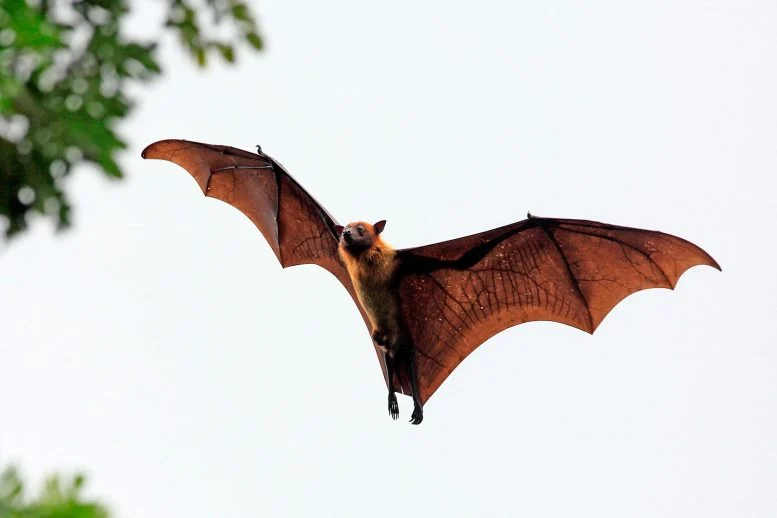A team of researchers from Tel Aviv University monitored free-ranging Egyptian fruit bats to find out whether the animals possess complex cognitive abilities previously attributed only to humans. Their recently published study Current Biologyfocused on episodic aspects of memory, mental time travel, forward planning, and delayed gratification, and led to some very interesting findings.
Understanding episodic memory in bats
“For many years, the cognitive abilities to remember personal experiences (episodic memory) and plan ahead were thought to be unique to humans. However, a growing body of research suggests that a variety of animals also have such abilities, although almost all of these studies have been conducted in laboratory settings because field studies are difficult to conduct. “, — said Professor Yossi Yovel of the Sagol School of Zoology and School of Neuroscience at Tel Aviv University, one of the leaders of the study.
“To test these capabilities in wild animals, we designed a unique experiment based on a colony of free-living fruit bats at TAU’s I. Meyer Segals Zoological Research Garden.”
Spatial and temporal tracking of bats
The researchers hypothesized that bats that depend on fruit trees for survival must have evolved the ability to track food availability both spatially (where are the fruit trees?) and temporally (when does each tree bear fruit?). As they move through landscapes with numerous fruit and nectar trees, they would need to mentally track resources in order to return to them at the appropriate time.
To test this hypothesis, each bat was fitted with a small, high-resolution GPS tracker, which documented the flight paths and trees visited over months. The extensive data collected was carefully analysed, with surprising results.
Insights into time perception and behavior
The first research question was: Do bats map time in their minds? To investigate this issue, the researchers prevented the bats from leaving the colony for periods ranging from one day to one week.
“We wanted to test whether bats could perceive the passage of time and behave accordingly. We found that after one day of captivity, bats returned to the trees they had visited the previous night. However, after a full week, the older bats, based on their past experience, avoided trees that had not produced fruit during that time. That is, they were able to estimate how long it had been since their last visit to each tree, and they knew which trees had recently produced fruit and should not be visited again. Young, inexperienced bats could not do this, suggesting that this is an acquired skill that needs to be learned,” said co-lead researcher Dr. Lee Harten, of Tel Aviv University’s School of Zoology and Sagol School of Neurology.
Forward planning: Evidence on future-oriented behavior
The first research question addressed past experiences, while the second addressed the future: Do bats exhibit future-oriented behaviors? Can they plan ahead? To address this issue, the researchers followed each bat’s route up the tree to its first evening, possibly indicating plans made before leaving the colony.
“We found that bats usually fly directly to a specific tree they know, sometimes for 20 or 30 minutes. Since they are hungry, they fly faster when the tree is further away, which means they are planning where to go. In addition, when they focus on the chosen target, they will pass by other trees, even beautiful springs that were visited just yesterday, indicating a capacity for delayed gratification. “We also found that the first bats to leave the colony choose trees with sugar-rich fruits, while the bats that leave the colony later search for squirrels,” said researcher Chen Xing from the School of Zoology.
All these findings suggest that bats make foraging plans before leaving the colony, knowing exactly where they are flying and what food they are looking for.
Bridging the cognitive gap between humans and animals
“The cognitive gap between humans and animals is one of the most interesting questions in science. Our work shows that fruit bats have a very complex decision-making process that involves three questions that are indicative of cognitive abilities: Where? (the location of each tree); When? (when the tree bears fruit); and What? (the nutrient it provides is sugar versus protein). Once again, we are discovering that the distinction is not as fundamental and not as unique as some people think. Clearly, humans and animals are on a spectrum, and almost all human abilities are also found in animals,” Yovel said.
Source: Port Altele
